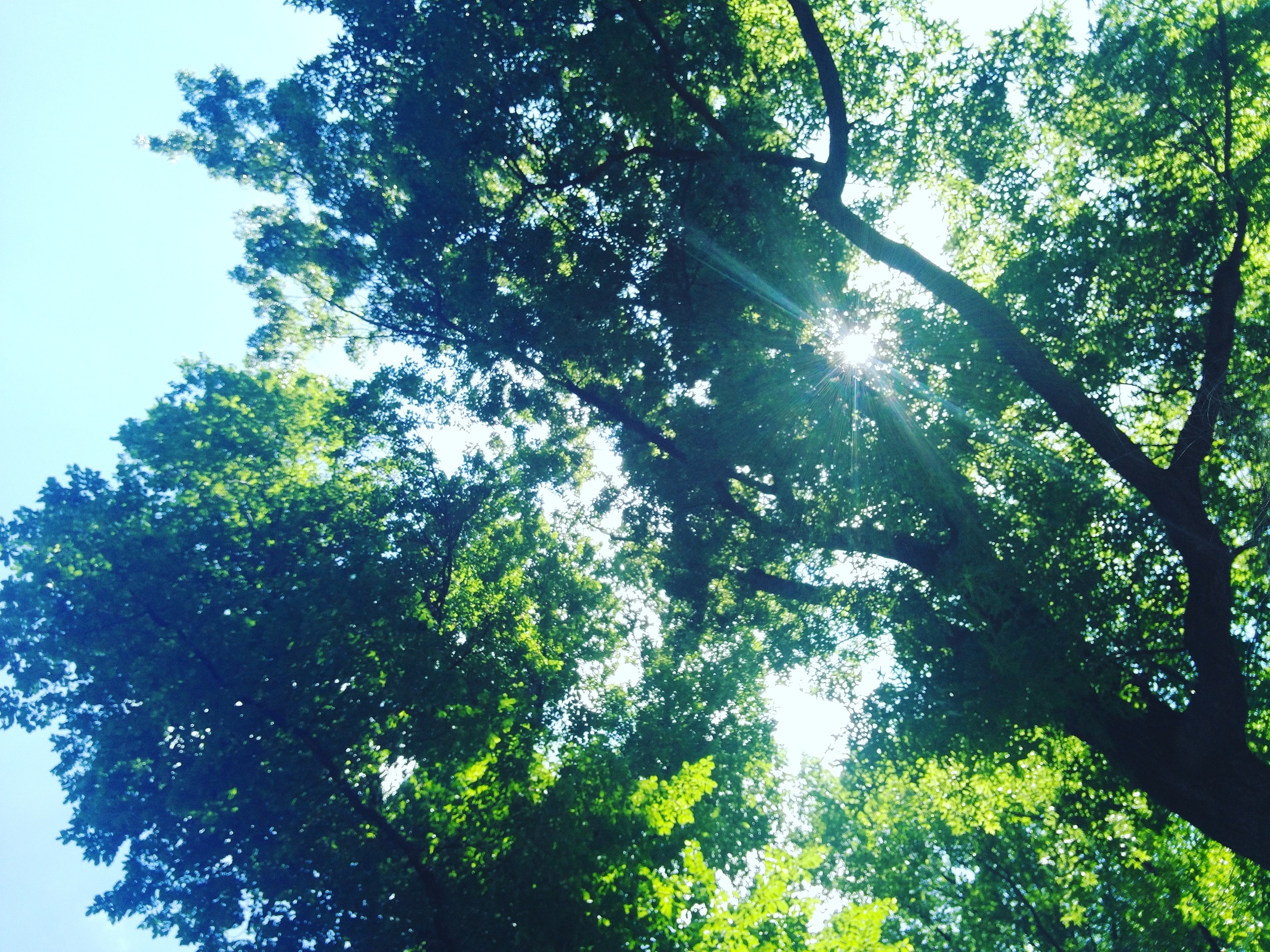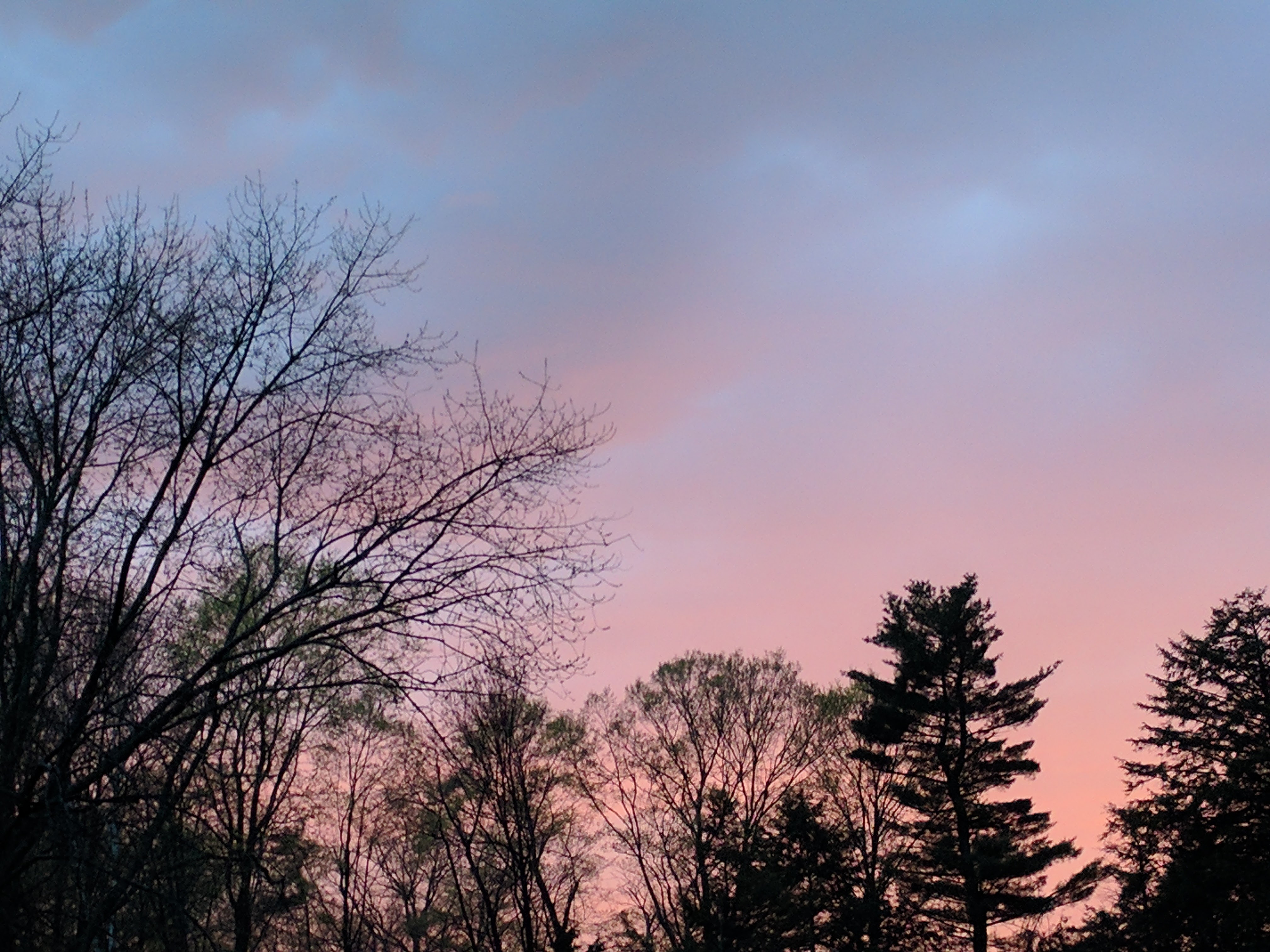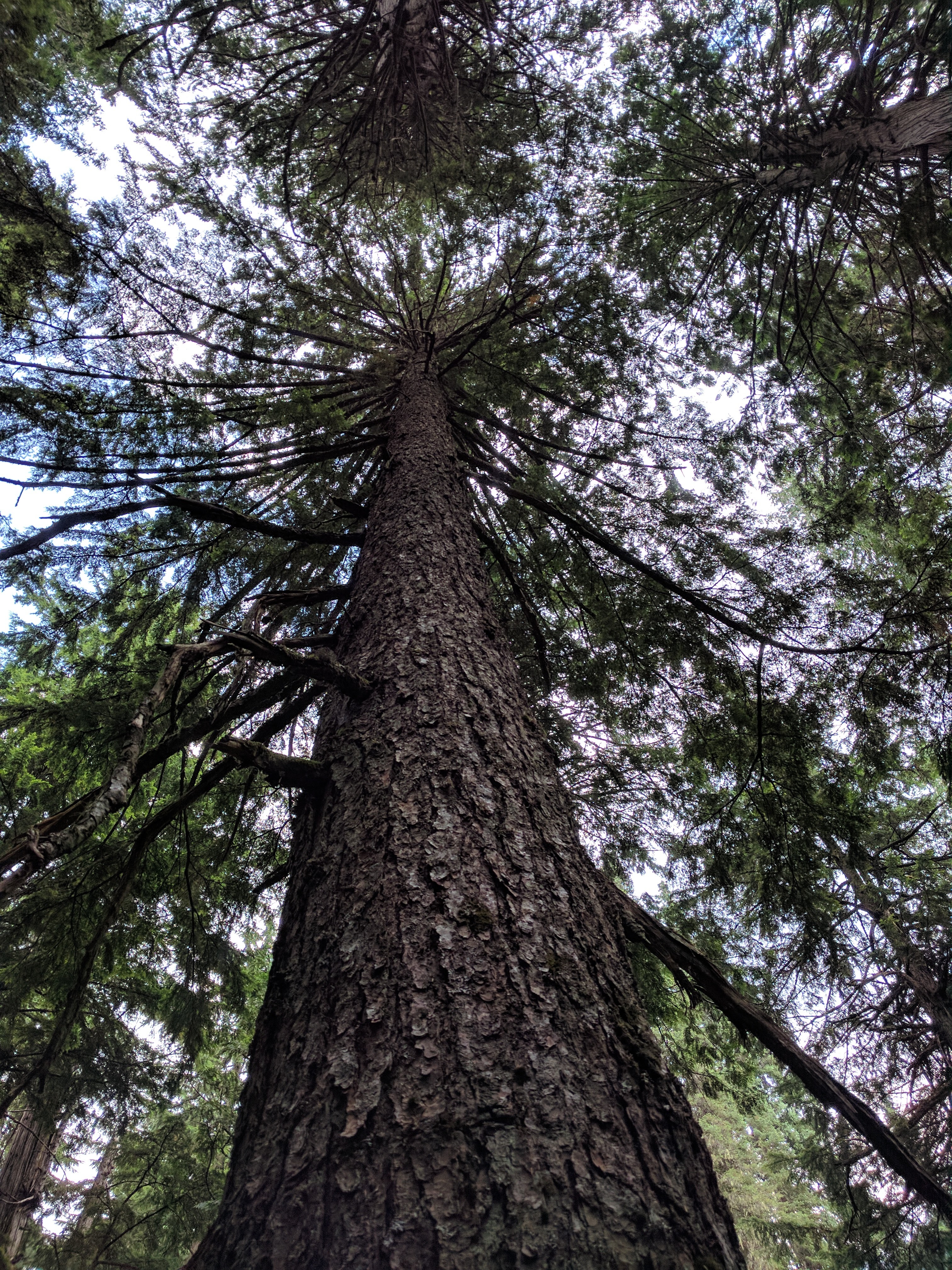In 2008, I entered the University of Guelph with one goal in mind. I was going to get an undergraduate degree in psychology and molecular biology and genetics. From there I would go on to do my masters and pursue a career in genetic counselling. Of course, I loved nature at the time; I grew up in the suburbs of Pickering and spent plenty of time exploring the Rouge Valley. But never did it cross my mind that someone needed to be protecting the great outdoors. Why would they? Doesn’t nature just look after itself? Well yes, but also no.

Yes because nature has a way of thriving, a way of persisting. Trees, for instance, know exactly what they need and how to get it. Trees have a secret hidden network, one that we have only started to understand. Trees talk to each other, through their leaves, through their roots, protecting each other from leaf-munching insects by releasing airborne chemicals, helping injured or diseased trees by creating a network of roots to share nutrients. Trees have it figured out. They were here before us, and would be here after us, or at least that’s what I assumed.
But it’s not that simple. Trees can’t just carry on looking out for themselves when they are faced with the stresses of urban sprawl. And it wasn’t until I got to U of G (a school known for its environmental programs) that I started to realize the modern issues Mother Nature is facing. I started talking to people and doing my own research, about what was being done, about what more needed to be done. And at the end of my second semester, I decided I was joining the cause. I changed my majors to conservation biology and anthropology.

I’m sure you’re thinking, “What does anthropology have to do with protecting the environment?” Well my question to you is “what doesn’t it?” Anthropology is the study of human societies and the development of cultures. And let’s be real, if it weren’t for human societies, at least the ever developing ones, the environment would be just fine. Also, as an Arts and Science student, we were taught to test traditional academic boundaries through interdisciplinary work and bridge the gap between arts and sciences. So it was important to me to learn what other cultures were doing to conserve their environment, specifically, the role of Indigenous knowledge in environmental stewardship and wildlife management. After all, indigenous cultures have been living in harmony with nature for tens of thousands of years.

From university I would work a number of environmental contracts, which eventually led me to LEAF. But you don’t need a degree in Environmental Science to become an environmental champion. This is just the path I chose to take. There are so many things we can be doing as individual citizens to protect our urban forest and increase awareness in our own community about the issues our environment is facing. Check out the programs LEAF offers or join your local naturalist club - you’ll be surprised the wealth of knowledge you can find close to home.
Erica is LEAF's Education and Outreach Intern.
